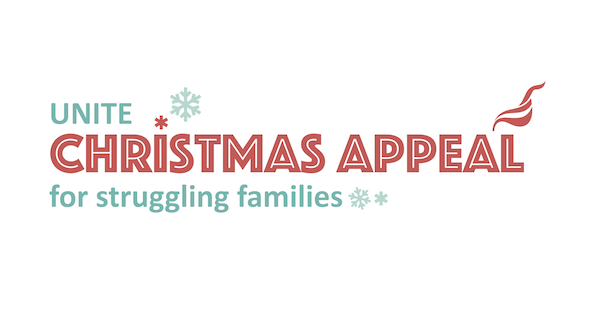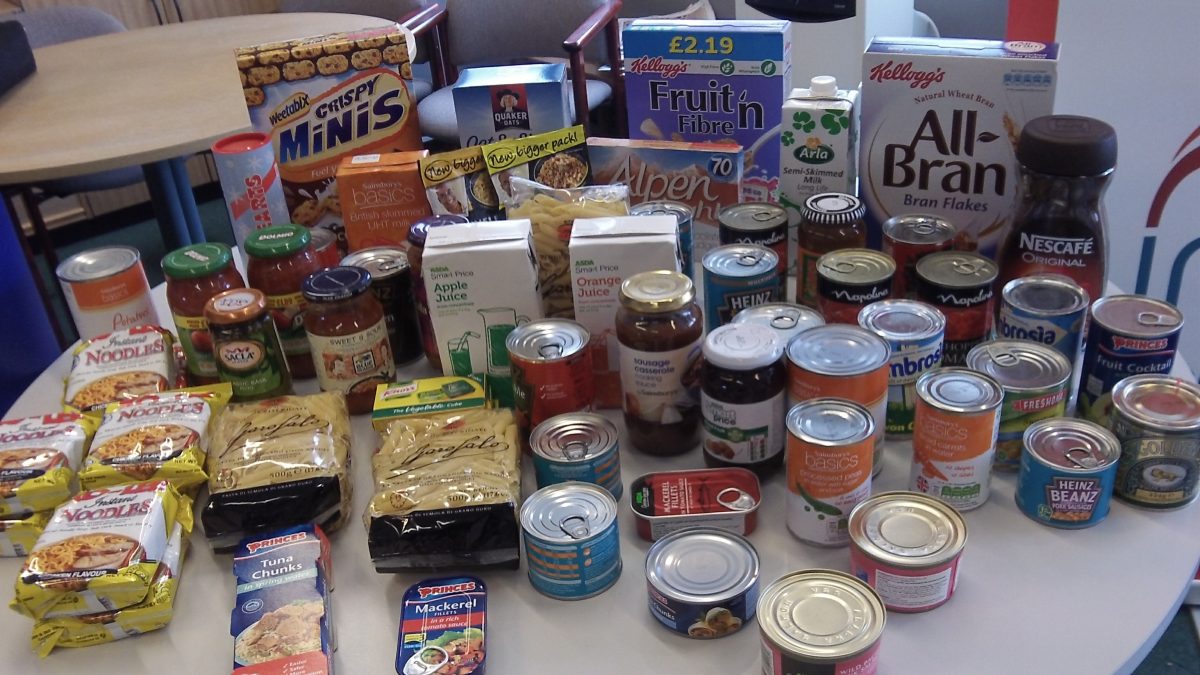‘Too little, too late’
The unprecedented rise in food bank use in the last decade is a phenomenon that successive Tory governments have long buried their heads in the sand over.
Just last year, Tory MP Jacob Rees-Mogg called food banks “uplifting” and said that their use had proliferated simply because more people knew they existed.
In 2014, then-work and pensions secretary Iain Duncan Smith claimed that “there was no evidence as to whether food bank use is supply-led or demand-led,” essentially arguing that more people were using food banks simply because more food banks existed.
But it’s an open secret that the rise in food bank use is directly linked to Tory austerity policies – from benefit sanctions to the more recent botched roll-out of Universal Credit – and now for the first time it seems the Tories may be willing to admit it.
Ministers are now secretly planning to carry out a study to examine the role austerity policies have played in the rise of food bank use, a proposal leaked to the Guardian has revealed.
The draft proposal, a four-page document dated June 2018, outlines one of the key aims of the one-year study – “to identify any areas of DWP policy or operational practice that may have contributed to a rise in demand for food bank services.”
The proposal was marked â€Official – Sensitive’ and it is understood that some of those involved in the study, which is set to be published in October 2019, will be forced to sign non-disclosure agreements.
Labour MP Frank Field, who serves as chair of the work and pensions select committee, welcomed the proposed study.
“This is a problem of the government’s own making,” he said. “If this research gives the government a chance to get off this self-imposed hook, then it’s a good thing. But God help people in the meantime.”
The study will collect evidence from interviewing 600 food bank managers and 500 food bank users, while a smaller group of food bank users who use the service frequently will also be extensively interviewed.
The latest study comes against a backdrop of exponentially rising food bank use. The Trussell Trust, the UK’s largest network of food banks, said that in 2013, it handed out 1.3m parcels of food to 660,000 people in 2017-2018 – up 13 per cent from the year before.
Holiday hunger
Demand soars in particular during the summer months, as children who rely on free school meals during term time must contend with holiday hunger. The latest figures from the Trussell Trust published today (August 3) show that in July and August 2017, more than 74,000 three-day emergency food supplies went to children, up from about 70,000 in the two preceding months. Compounding the holiday hunger problem, the Trussell Trust has said, is the fact that food bank donations tend to dry up during the summer months while families are away on holiday.
An MPs’ report last year found that holiday hunger is a growing problem affecting up to 3m children each year. The All Parliamentary Group on Hunger found that the loss of free school meals during the summer months adds between ÂŁ30 and ÂŁ40 each week to struggling families’ costs.
Local authorities and charities across the country have noted a growing demand for projects to tackle holiday hunger –Â projects that Unite Community branches, such as most recently in Norwich, have also become involved with.
Food bank managers, who are on the front line in the battle against holiday hunger, have reported too that government policies have played a significant role in pushing families over the edge.
“I had a woman in yesterday who was very emotional,” one manager told the Guardian. “She’d just been put on universal credit and it’ll be six weeks before she gets any money. So she’ll get her money on the first week the kids are back at school and she’s panicking because she can’t afford the uniforms.”
Trussell Trust director of operations Samantha Stapley said that while food banks and other charities have a role to play in combatting hunger, the government must step up to support people.
“Food banks cannot, and must not, be a long term to solution to hunger at any time of year,” she said. “No one should face going hungry, and although our network will be doing all they can this summer to help families struggling to make the money they have stretch to cover the essentials, no charity can replace people having enough money for the basics.
“There are changes we can make as a nation to help during the holidays, but if we are to protect each other from hunger whatever the time of year, we have to go further than that. We know particular groups of people are most likely to need a food bank, so let’s make sure no one is swept into destitution. Our benefits system can, and must, act as an anchor to protect people from being pulled into poverty.”
Halt Universal Credit call
Unite assistant general secretary Steve Turner agreed as he slammed the Tory government for denying the truth about food banks for so long.
“The Tories have known all along that the shocking rise in food banks over the years is a direct result of their cruel austerity policies,” he said. “That they are now undertaking a study to investigate the havoc they’ve wreaked on the most vulnerable is welcome but it’s too little, too late.
“How many people – children no less – have to suffer the degradation of poverty, the pain of hunger, the anxiety of not knowing what the next day will bring, before this Tory party fesses up to the central role it has played in wrecking people’s lives?”
“There is already plenty of independent research showing that not only do Tory austerity policies and welfare reforms push people from â€just about managing’ into hunger, homelessness and despair, but this body of research shows too that these reforms are not cost-effective and simply don’t work.
“Unite calls on the government to halt Universal Credit now.”
Stay tuned on UNITElive next week as we report how Unite Community is stepping up to fight holiday hunger.
 Like
Like Follow
Follow


